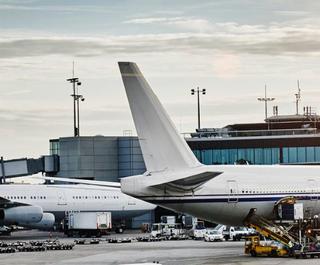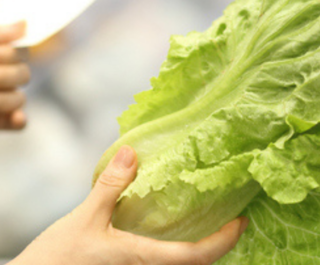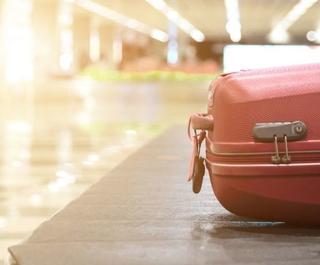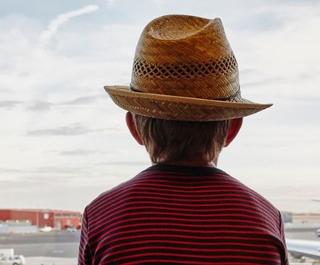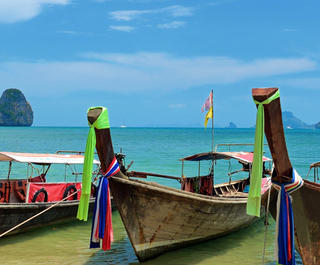
4 February 2020
Read Time: 4.4 mins
The antibacterial hand sanitiser is packed, the wipes are within reach and you’ve stowed as many vitamins and supplements as your luggage allowance will allow. And yet, getting sick while travelling seems inevitable.
While there’s no magic pill to help you stay healthy while travelling, there are things you can do to lower your exposure.
From prevention and cure to the products to stock up on, here are some of the best ways to avoid getting sick when travelling.
Will plane travel make me sick?
Studies into the plane travel/cold connection vary. According to a 2004 study in the Journal of Environmental Health Research, colds may be 113 times more likely to be transmitted on a plane than on the ground. Another 2018 study, published in the Proceedings of the National Academy of Sciences, found the risk of catching the flu is most significant for those sitting next to, or directly behind, someone infected with the virus.
Other factors like low humidity in cabin air, jet lag and bacteria-ridden shared surfaces on planes (and public places such as airports) all contribute to risk levels.
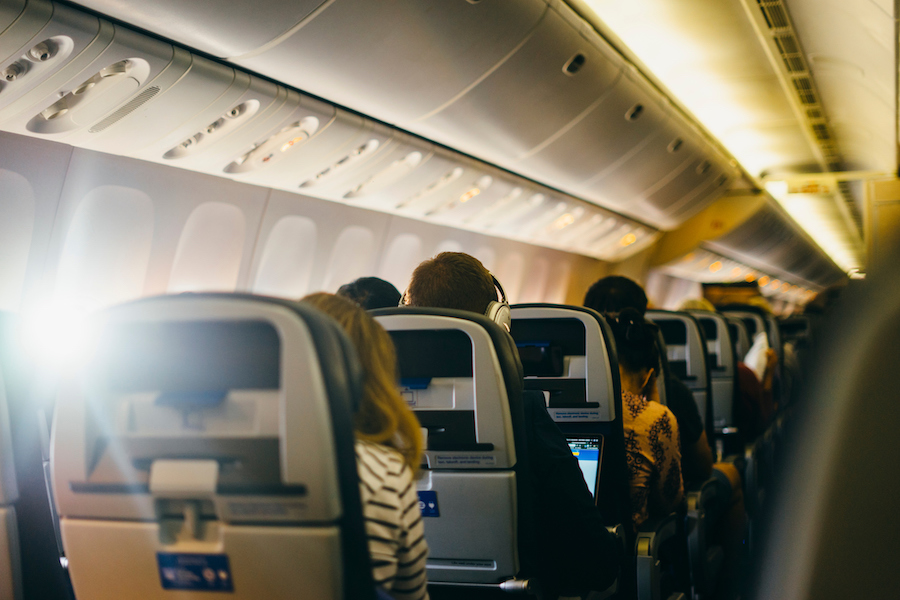
Areas of the plane to avoid
If you’re a germaphobe, stop reading. There are certain areas of the plane more prone to carrying bacteria than others like seat pockets, overhead air vents, headrests, seat belt buckles, toilet flush buttons and tray tables. In fact, Travelmath has an eye opening infographic with the breakdown of surfaces and level of bacteria found on each.
Researchers at Auburn University in the US, found that bacteria can potentially survive longer periods of time in cabins than previously thought. But transmission rates are dependent material type and the particular bacteria. In fact, some of the most filthy places in-cabin are the most unexpected. According to Business Insider, in-flight magazines are among the germiest items on a plane.
Experts agree that the best method of prevention is practising good general hygiene. That means regularly washing your hands, using hand sanitiser, not touching your face, keeping your distance from obviously sick people and sneezing or coughing into your elbow – rather than your hands, according to Travel Doctor-TMVC website. For long haul flights, drinking plenty of water and regular exercise on the plane will help minimise the risk of DVT, according to Smarttraveller’s Health Direct website.

Back on land
Colds and viruses on the plane are one thing. What about the more serious – and potentially holiday-ending – sickness like food poisoning or infectious diseases once you’ve reached your destination?
According to CHOICE, the most common ailment and health issue suffered by travellers are gastro like symptoms caused by “E. coli, campylobacter or salmonella; parasites including cryptosporidium and giardia; or dysentery (bacterial or amoebic)” among others. Since these bacterias and parasites are water and foodborne, avoiding food and drinks likely to be most risky will help you stay healthy.
Preparation is one of the best forms of prevention; researching your destination prior to departure and visiting a travel doctor will help you figure out what your potential risks are.
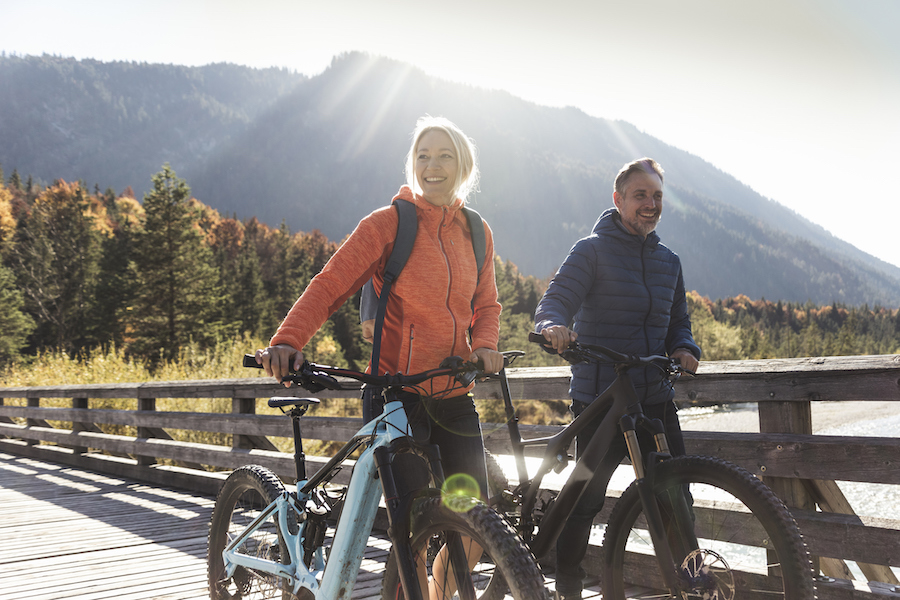
Research and information
If you are planning a trip overseas, the Australian government’s Smarttraveller website is a great resource to start with. There are pre-travel checklists, country-specific health advisories and information that can help if you get into trouble overseas.
The Government’s Health Direct website also offers generic travel health advice for overseas travellers including tips, information and handy checklists so you can avoid getting sick while travelling.
Infographic courtesy of Healthdirect Australia.
What else can I do?
Once you’ve researched, talked to your doctor and had the necessary immunisations, make sure you’re prepared with a first aid kit, these are some of the ways Travel Doctors-TMVC recommend staying healthy while travelling:
- Steer clear of wet markets or farms.
- Avoid direct contact with animals and their environments (including insects).
- Don’t touch surfaces contaminated by droppings.
- Make sure food (including eggs) is thoroughly cooked.
For extra security, CHOICE recommends also using a paper towel as a physical barrier when opening doors and turning off taps.
Products to invest in
Packing the right supplies and equipment in case you fall ill is integral to being prepared. Also understanding that you may not have access to your usual supplies (such as feminine hygiene products) in certain destinations will help you deal with any unfortunate instances.
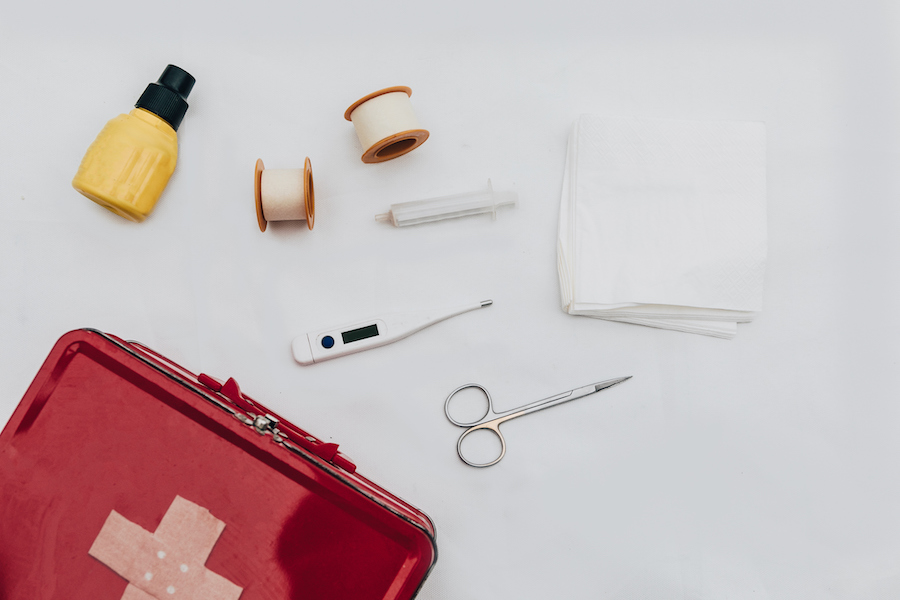
Your basic travel first aid kit could include:
- Antiseptic lotion
- Water purifying tablets (not chlorine)
- Headache tablets
- Tweezers
- Antibacterial hand sanitiser
- Sunscreen
- Cotton wool
- Band Aids and bandages
- Insect repellent
- Thermometer
Talk to your doctor about any specific medications you need to take with you and check warnings and advisories about countries you’ll be visiting. It also pays to have an appropriate level of travel insurance so you are protected in case of emergencies.
If you start feeling ill or come down with symptoms within two weeks of arriving home contact your doctor immediately.



